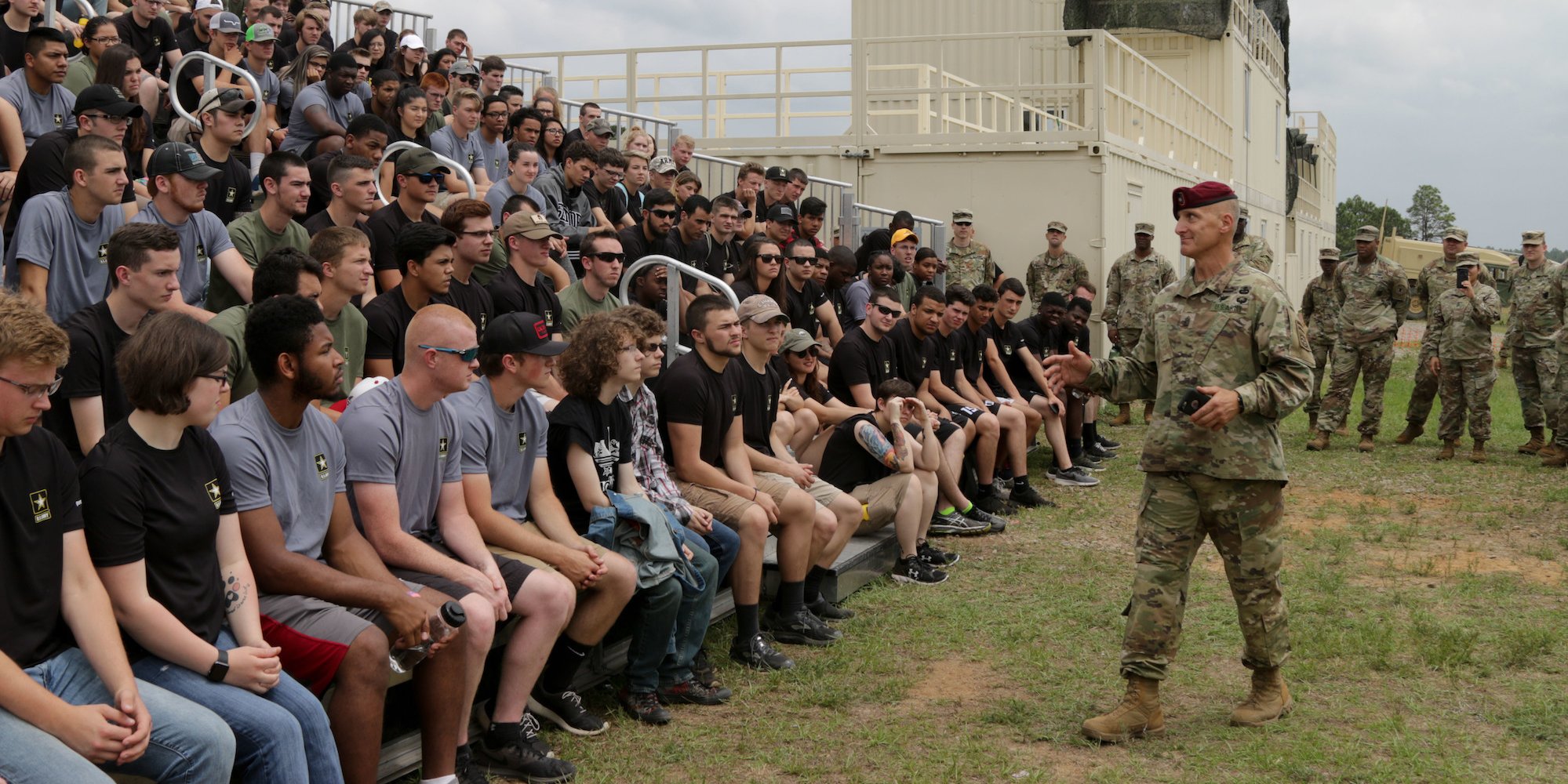 The U.S. Army has reversed its decision to discharge an immigrant reservist who sued when he was booted from the military last month after enlisting with a promised path to citizenship, according to court filings and his attorney.
The U.S. Army has reversed its decision to discharge an immigrant reservist who sued when he was booted from the military last month after enlisting with a promised path to citizenship, according to court filings and his attorney.
Brazilian immigrant Lucas Calixto filed a lawsuit against the Army in late June, saying the Defense Department hadn’t given him a chance to defend himself or appeal when he was discharged.
Calixto, who lives outside Boston and recently had been promoted to private second class, is one of dozens of immigrant recruits and reservists who immigration attorneys say have faced often unexplained military discharges and canceled contracts.
In a court filing, Justice Department attorneys said the Army has decided to revoke Calixto’s discharge.
“This is an important first step in returning Mr. Calixto to his Army unit, where he has been serving honorably for two years, and allowing him to complete his eight-year service commitment,” an attorney for Calixto, Douglas Baruch, said in a statement.
The Pentagon and Justice Department declined to comment on the specific decision, citing ongoing litigation concerning the immigrant recruitment program and the need to protect national security interests.
The reversal comes as the Defense Department has attempted to strengthen security requirements for the program, through which historically immigrants vowed to risk their lives for the prospect of U.S. citizenship. The Military Accessions Vital to the National Interest program, known as MAVNI, ultimately was suspended.
“There are no individuals being either released from their contracts or separated from the military due to their immigration status,” said Pentagon spokeswoman Air Force Maj. Carla Gleason. “There are significant risks from insider threats such as espionage, terrorism, and other criminal activity across the program.”
Government attorneys called the recruitment program an “elevated security risk” in another case involving 17 foreign-born military recruits who enlisted through the program but have not been able to clear additional security requirements. Some recruits had falsified their background records and were connected to state-sponsored intelligence agencies, the court filing said.
Eligible recruits are required to have legal status in the U.S., such as a student visa, before enlisting. More than 5,000 immigrants were recruited into the program in 2016, and an estimated 10,000 are currently serving. Nearly 110,000 members of the Armed Forces have gained citizenship by serving in the U.S. military since Sept. 11, 2001, according to the Defense Department.
Since 2013, however, more than 20 recruits to the MAVNI program had become the subjects of counterintelligence or criminal investigations by the Defense Department or FBI, according to the court filing. AP







